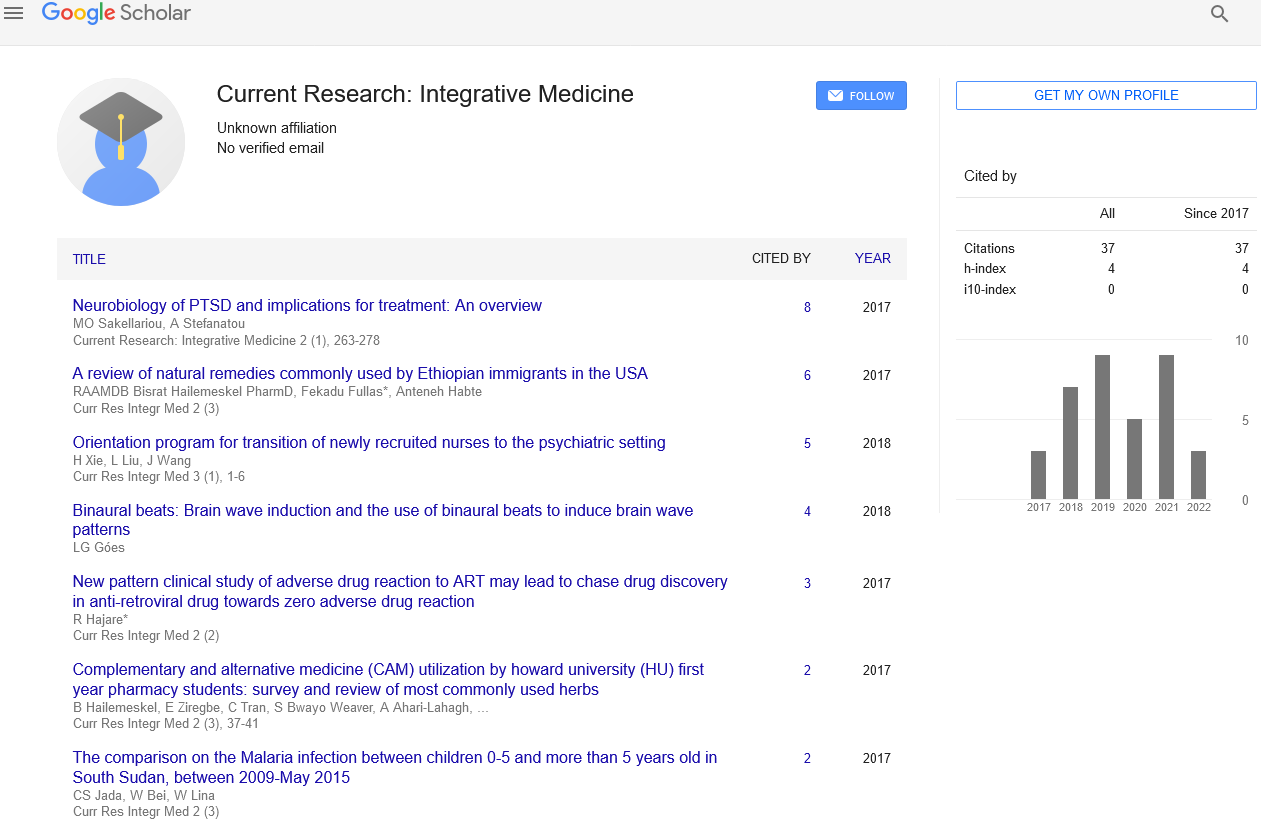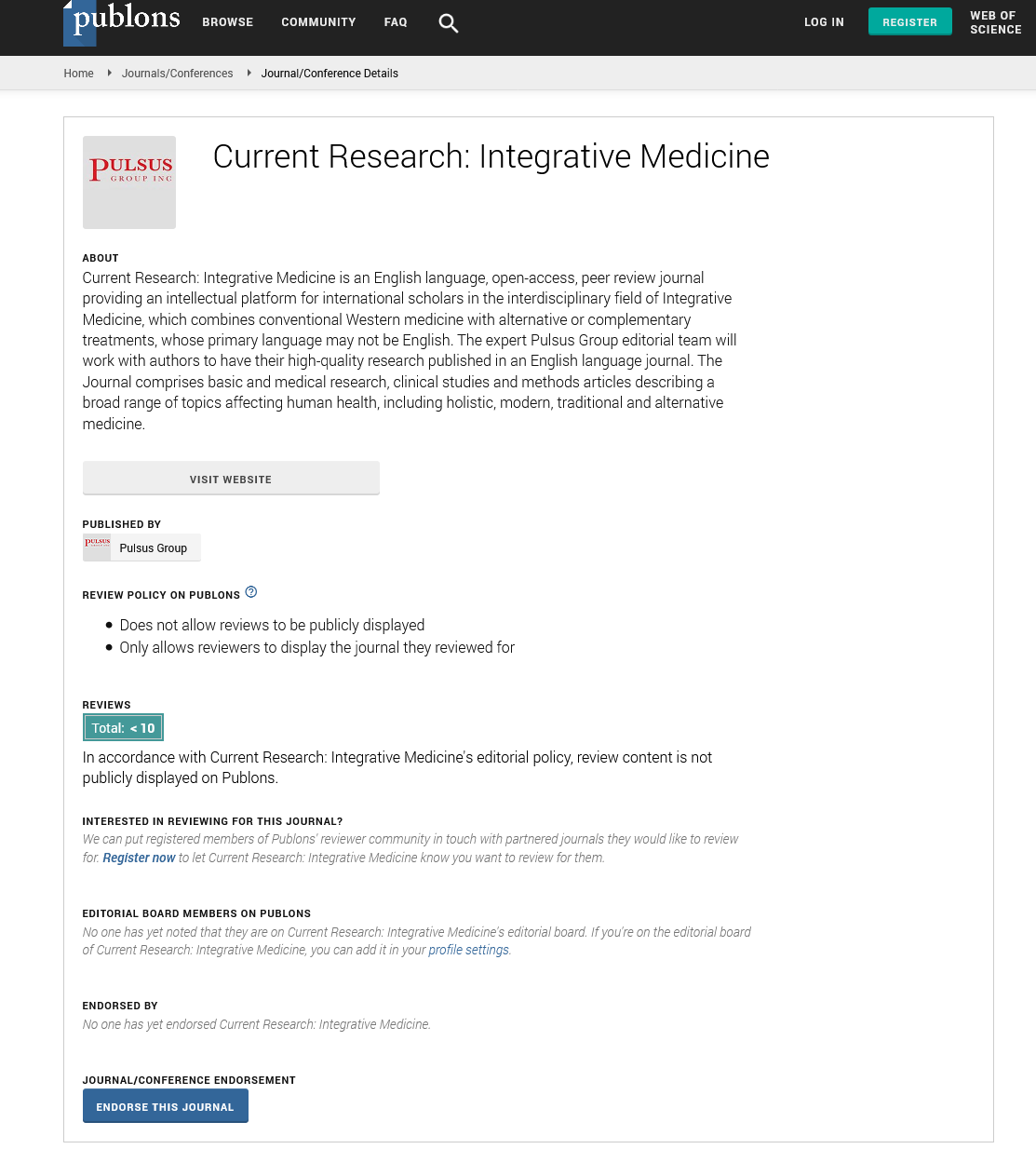
Sign up for email alert when new content gets added: Sign up
Abstract
Osteocalcin levels in children with metabolic syndrome: correlations with cardio-metabolic parameters
Author(s): Maria Zhelyazkova-Savova1, ![]()
Osteocalcin levels in children with metabolic syndrome: correlations with cardio-metabolic parameters
Maria Zhelyazkova-Savova1, Silvia Gancheva1, Sonya Galcheva2, Bistra Galunska3, Violeta Yotova2
1Department of Pharmacology and Clinical Pharmacology and Therapy, 2Department of Pediatrics, 3Department of Biochemistry, Molecular Medicine and Nutrigenomics, Medical University of Varna, Bulgaria
Abstract
Background. Osteocalcin (OC) – a bone derived vitamin K dependent protein, has been found to regulate energy metabolism. In rodents, it is the undercarboxylated form (ucOC) that has been described to release insulin from beta cells and to stimulate adiponectin secretion from adipocytes. In humans, evidence is conflicting as to which form of OC – the ucOC, or the carboxylated one (cOC) is hormonally active.
Objective. It was the aim of our work to study the serum levels of OC in its two forms – cOC and ucOC, and their relationships to cardio-metabolic parameters in children with metabolic syndrome.
Methods and patients. The population studied included 87 children - 49 boys and 38 girls (mean age 12.06±0.32 years, range 8-17 years). They were divided in three groups according to Cole criteria: normal (n=28), overweight (n=17) and obese (n=42). Serum levels of ucOC and cOC were measured, as were serum leptin and adiponectin levels, in addition to the conventional cardio-metabolic parameters characterizing the metabolic syndrome. Statistics: one-way ANOVA with Bonferroni multiple comparison test and the post test for linear trend were used.
Results. There was a clear reduction in the serum levels of cOC from normal to obese children (one-way ANOVA, p=0.0011) with statistically significant difference between these groups, and a highly significant linear trend (p=0.0004), while the levels of ucOC only slightly and insignificantly increased. Significant negative correlations were found between levels of cOC and BMI, body weight, waist circumference, blood glucose, HOMA-IR, triglycerides, leptin, systolic and diastolic blood pressure, and a positive correlation with adiponectin. No meaningful relationships were found between the biochemical and anthropometric measures and ucOC.
Conclusions. The present results support the involvement of carboxylated OC in the regulation of carbohydrate and lipid metabolism and in the cardiovascular manifestations of metabolic syndrome at this early age.
Recent Publications
Zhelyazkova-Savova M, Gaunska B, D. Gerova, Siderova M, Zorcheva R, Paskalev D. Undercarboxylated osteocalcin in postmenopausal patients on hemodialysis. Nephrology (St Petersburg) 2011; 15(3):35-39
Zhelyazkova-Savova M., Gancheva S., Sirakova V. Potential statin-drug interactions: prevalence and clinical significance. Springer Plus 2014; 3:168
Gancheva S, Galunska B, Zhelyazkova-Savova M. Osteocalcin in a rat model of metabolic syndrome. Adipobiology 2015; 7:31-36
Gancheva S, Zhelyazkova-Savova M. Vitamin K2 improves anxiety and depression but not cognition in rats with metabolic syndrome: a role of blood glucose? Folia Medica 2016; 58(4):264-272
Gancheva S, Galunska B, Zhelyazkova-Savova M. Diets rich in saturated fat and fructose induce anxiety and depression-like behaviour in the rat: is there a role for lipid peroxidation? Int J Exp Pathol 2017; 98(5):296-306
Zhelyazkova-Savova M, Todorova-Nenova K, Gancheva S, Karadjova D. Evaluation of potential drug-drug interactions in psychiatric patients: a pilot study. Scripta Scientifica Medica 2018; 50(3):13-19.
Biography
Maria Zhelyazkova-Savova, MD, PhD, graduated from Varna Medical University, Bulgaria, in 1977. Since 1978 she works in the Department of Pharmacology in the same University, having had the positions of an assistant professor and an associate professor (since 2001). She headed the Department of Pharmacology from 2004 to 2012. Her qualifications include two specialties: pharmacology (1984) and clinical pharmacology (2001). She is involved in teaching pharmacology and clinical pharmacology to undergraduate students in medicine, dental medicine, pharmacy, midwives and to PhD students. Topics of recent scientific interest include: the role of vitamin K and osteocalcin in the regulation of energy metabolism in experimental and clinical settings; drug interactions.
E-mail: zhelyazkova@mu-varna.bg
Bottom Note: This abstract has been taken from World Pediatric congress completed on June 25-26, 2020





